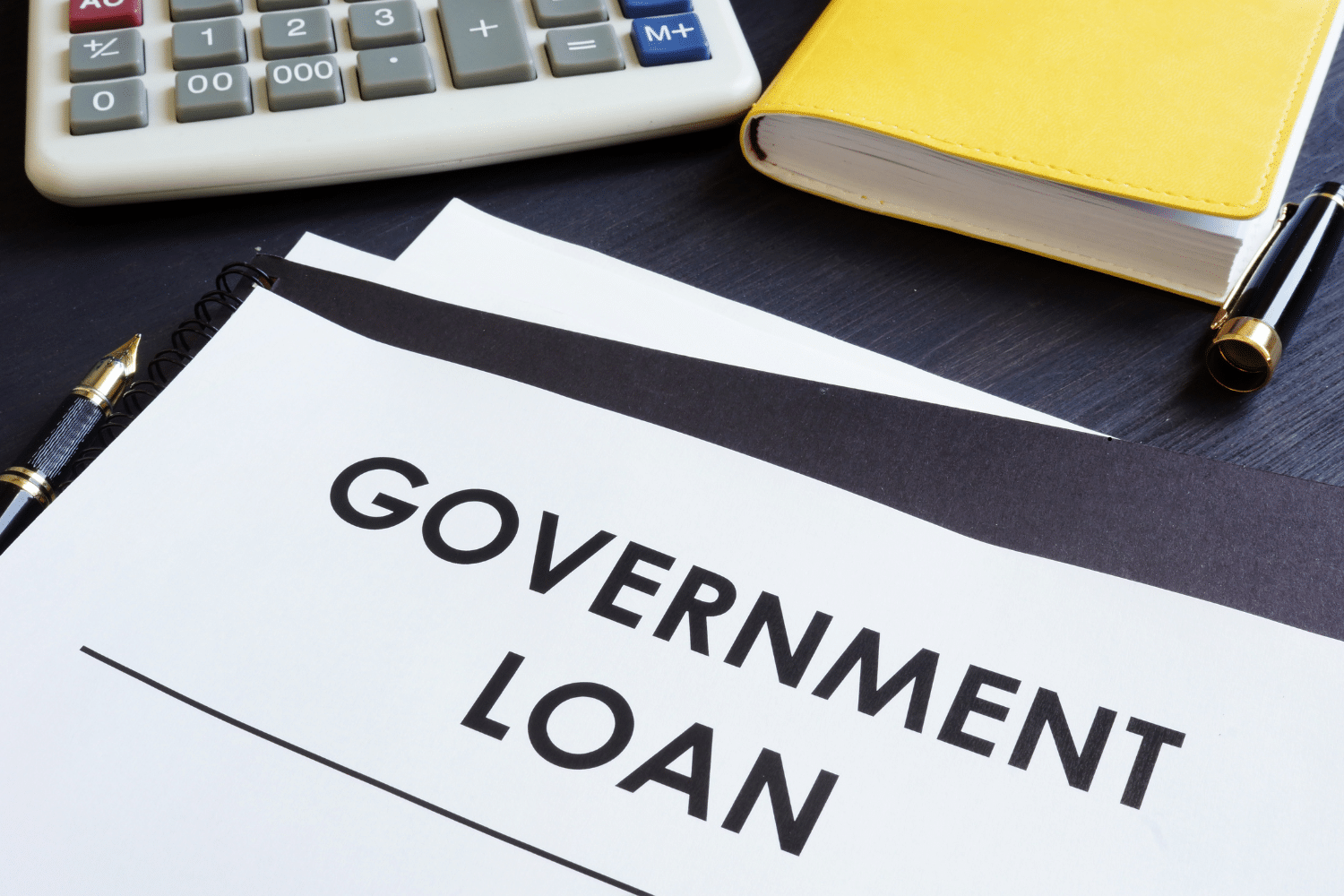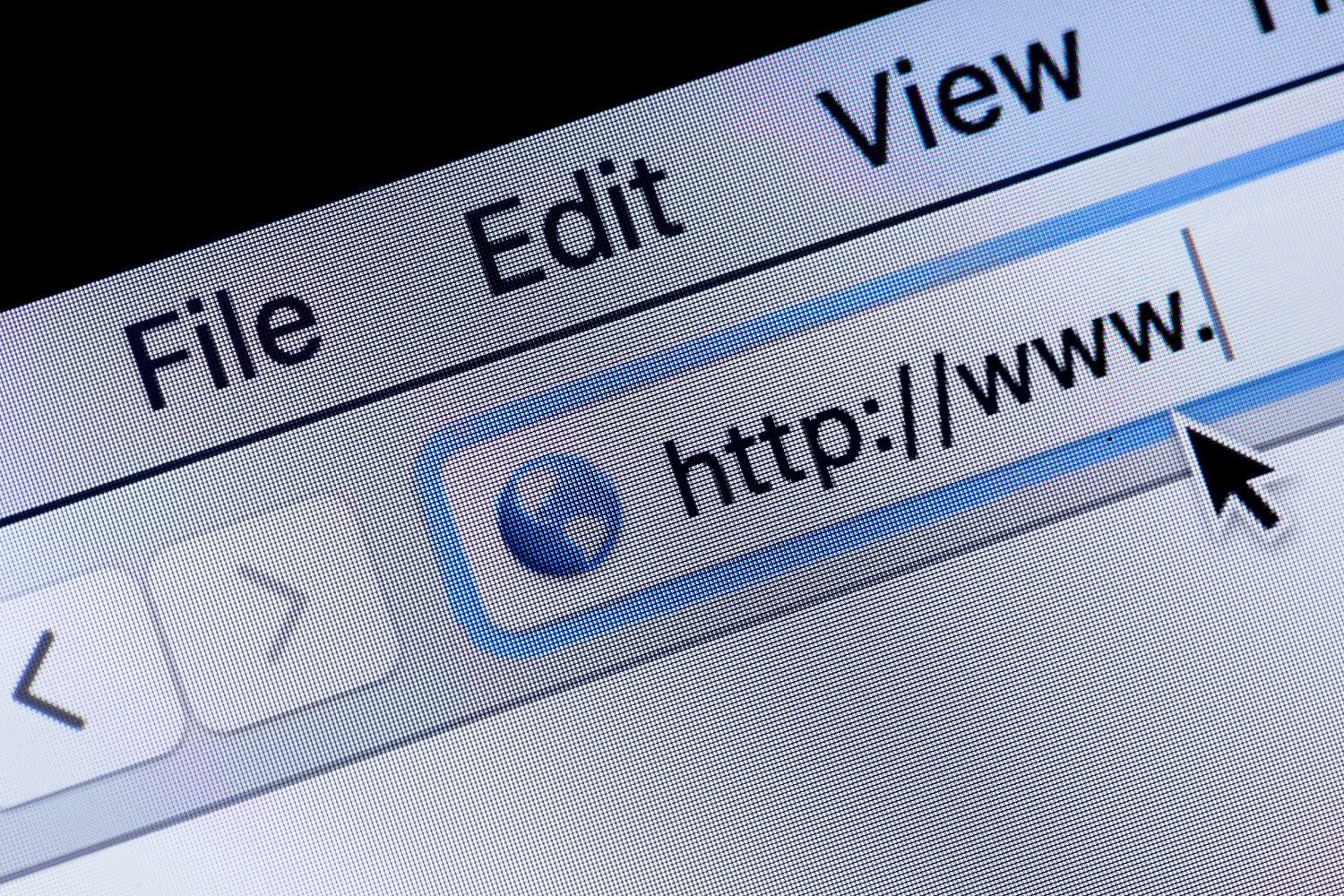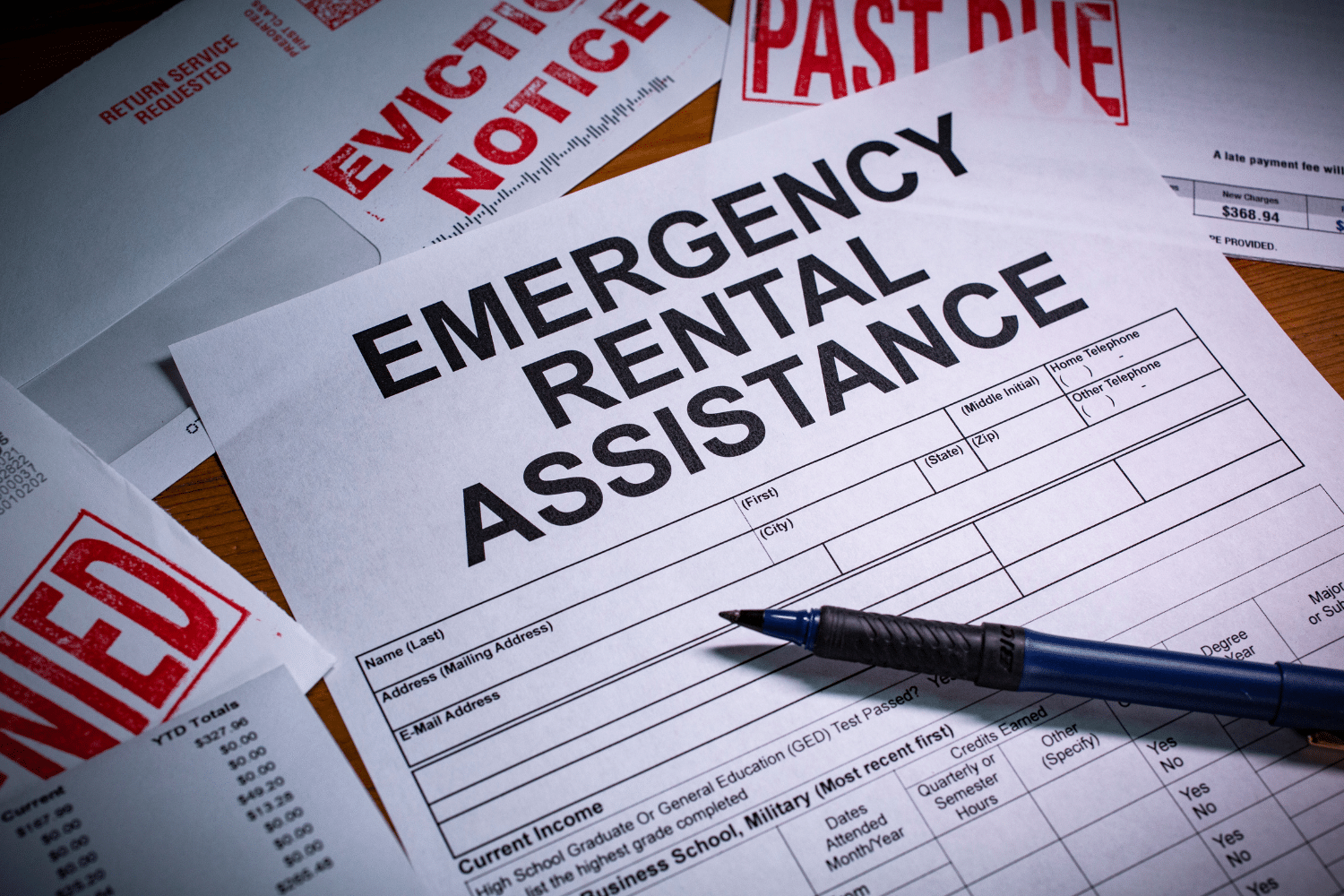Struggling to pay your medical bills? Government medical bill assistance programs are here to help. In this article, we’ll explore different programs and resources offering financial aid for medical expenses, including Medicare, Medicaid, CHIP, and nonprofit organizations. Learn how you can access the support you need.
Key Takeaways
- Government programs and nonprofits offer financial assistance for medical bills, particularly for uninsured or underinsured individuals.
- Medicare and Medicaid provide essential healthcare coverage to specific populations, including seniors and low-income families, with streamlined application processes.
- The Affordable Care Act and various nonprofit organizations play a critical role in offering additional financial assistance and resources for those struggling with medical expenses.
Understanding Government Medical Bill Assistance

Government programs and nonprofit organizations offer invaluable financial assistance for medical bills, aiming to reduce the overwhelming costs of healthcare. These programs exist to offer a lifeline to individuals who find themselves uninsured or underinsured, ensuring that necessary medical care is accessible.
Eligibility for these programs often hinges on various factors, such as income level, age, employment status, and specific health conditions. Knowing these criteria allows individuals to better navigate the available resources.
Government programs can help pay for a range of care including medical, vision, and dental services. For those seeking assistance, applying through state agencies or specific program portals is typically the first step.
Medicare and Its Benefits
Medicare stands as a cornerstone of health insurance for individuals aged 65 and older, as well as for younger people with certain disabilities. This federal program ensures that millions receive essential medical care without the prohibitive costs often associated with private insurance.
Medicare Overview
Medicare is divided into four parts: Part A (hospital insurance), Part B (medical insurance), Part C (Medicare Advantage), and Part D (prescription drug coverage). Each part provides different types of coverage, ensuring comprehensive health care for its beneficiaries. For instance, Part A covers hospital stays, while Part B covers outpatient services and doctor visits.
Individuals can apply for Medicare by visiting the Social Security Administration’s website. Moreover, Medicare Savings Programs offer financial support to cover premiums, deductibles, and other costs associated with Medicare parts A and B, making healthcare more affordable.
Extra Help for Prescription Drugs
For those struggling with the cost of prescription drugs, the Extra Help program offers a vital lifeline. This program is specifically designed for low-income Medicare recipients, providing substantial financial assistance to cover the costs of medications.
Eligible individuals can apply through the Social Security Administration to receive this much-needed support.
Medicaid: Comprehensive Health Care Coverage

Medicaid is another crucial government program that offers comprehensive health care coverage to low-income individuals and families. With over 90 million people benefiting from Medicaid, this program ensures that essential health services are accessible to those who need them the most.
Medicaid covers a wide range of services, helping to alleviate the financial burden of medical care for eligible individuals.
Medicaid Eligibility Requirements
Eligibility for Medicaid primarily includes low-income individuals, families, and pregnant women. The Federal Poverty Level (FPL) is used as a key metric to determine income eligibility, ensuring that assistance reaches those who are most in need. Additionally, individuals receiving Supplemental Security Income (SSI) may also qualify for Medicaid.
Understanding these eligibility criteria is essential for anyone seeking to benefit from Medicaid. Meeting these requirements grants individuals access to a broad spectrum of health care services, significantly reducing out-of-pocket medical expenses.
Applying for Medicaid
Medicaid applications are straightforward and can typically be completed online through state-specific websites. Applicants typically need to provide proof of residency and other personal information to verify their eligibility. This streamlined process ensures that those in need can quickly access the medical assistance they require.
Children’s Health Insurance Program (CHIP)

For families with children, the Children’s Health Insurance Program (CHIP) offers low-cost medical assistance. CHIP is designed to cover uninsured children in families whose income is too high to qualify for Medicaid but too low to afford private insurance.
The program covers a variety of essential services, including routine check-ups, immunizations, and emergency care. Families can apply through their state’s Medicaid program, although qualification requirements may vary by state.
Financial Assistance Through the Affordable Care Act

The Affordable Care Act (ACA), also known as Obamacare, provides multiple forms of financial assistance to help individuals obtain health insurance coverage. One of the key aspects of the ACA is the provision of advance premium tax credits to individuals with incomes between 100% and 400% of the federal poverty level. These credits significantly lower the cost of health insurance premiums, making coverage more affordable for many Americans.
Additionally, the ACA includes cost-sharing reductions, which lower out-of-pocket costs for individuals earning between 100% and 250% of the federal poverty level who enroll in a Silver level health plan. This assistance is crucial for ensuring that even those with limited incomes can access necessary medical care without incurring substantial medical debt.
Supplemental Security Income (SSI)
Supplemental Security Income (SSI) is a federal program that provides financial assistance to individuals who are disabled, blind, or over 65 with limited income. Funded by the U.S. Treasury’s general funds, SSI aims to help those who are most vulnerable by providing them with a steady income to cover basic needs. Individuals who qualify for SSI may also be eligible for additional benefits such as Medicaid.
Individuals can apply for SSI through the Social Security Administration, demonstrating eligibility based on disability, blindness, or age, alongside limited income.
Nonprofit Organizations Offering Medical Bill Assistance
Nonprofit organizations play a vital role in helping individuals manage and alleviate medical debt. Organizations like RIP Medical Debt work to eliminate medical debt by purchasing it in bulk, demonstrating how even small donations can lead to significant relief for those burdened with medical costs.
HealthWell Foundation
The HealthWell Foundation offers financial aid to underinsured patients. This assistance helps cover medical expenses such as prescription copays, health insurance premiums, deductibles, pediatric treatment, and travel costs for medical care.
Individuals can apply for assistance through the HealthWell Foundation’s online application.
Patient Access Network Foundation
The PAN Foundation assists individuals with life-threatening, chronic, and rare diseases in covering their out-of-pocket medical costs. Eligible individuals can apply for assistance through the PAN Foundation’s online portal.
Patient Advocate Foundation
The Patient Advocate Foundation provides no-cost case management services to help patients navigate their healthcare needs and overcome barriers to care. This organization is a valuable resource for patients seeking to manage their medical expenses and access necessary treatment.
Steps to Take When You Can’t Afford Your Medical Bills
When faced with a medical bill you can’t afford, it’s crucial to take proactive steps to manage the situation. Reviewing the hospital’s financial assistance policy and understanding the application process is a good starting point.
Examine Your Medical Bill for Errors
Scrutinizing your medical bills for errors is crucial, as research indicates that up to 80% of medical bills contain inaccuracies. Look for duplicated services, services not received, and charges that aren’t covered by insurance.
If you notice an error, address it right away. Contact the hospital or medical provider to dispute it.
Request a Payment Plan
Requesting a payment plan can provide a viable solution for managing large medical bills. Negotiating a payment plan promptly after receiving the bill allows you to spread the cost over manageable installments.
Seek Financial Counseling
Financial counseling is immensely helpful for managing medical debt and uncovering additional assistance options. Through financial counseling, individuals can develop a debt management plan and identify various resources available for medical expenses.
Informing Debt Collectors About Financial Assistance Efforts
When dealing with debt collectors, it’s crucial to inform them if you’re seeking financial assistance.
Pausing collections while pursuing financial aid can provide temporary relief and prevent further financial strain.
Resources for Free or Low-Cost Medical Care

There are several resources available for obtaining free or low-cost medical care based on income and health status. The National Breast and Cervical Cancer Early Detection Program and the Ryan White HIV/AIDS Program offer essential services to those in need.
Community health centers also provide affordable medical care, including prenatal care and general primary care, based on income.
How to Find Help Paying Medical Bills After Insurance
Even with health insurance, many individuals still face additional medical expenses that require further financial assistance. Programs like Medicaid, Medicare, and ACA Marketplace plans provide additional support options.
Charity care programs and organizations like the Patient Access Network Foundation can also help cover medical bills after insurance benefits have been utilized.
Summary
Navigating the world of medical bill assistance can be complex, but numerous resources are available to help. From government programs like Medicare and Medicaid to nonprofit organizations and financial counseling, there are many ways to manage medical expenses. By understanding the available options and taking proactive steps, individuals can alleviate the financial burden of medical bills and access the necessary care.
Frequently Asked Questions
The purpose of government medical bill assistance is to alleviate healthcare costs for uninsured or underinsured individuals, thereby ensuring they have access to essential medical care. This support is crucial for promoting public health and financial stability.
To apply for Medicaid, you can complete your application online through your state’s specific website, ensuring you provide necessary proof of residency and personal information. Make sure to check your state’s guidelines for any additional requirements.
The Extra Help program offers financial assistance for prescription drug costs to low-income Medicare recipients, allowing them to manage their medical expenses more effectively. Eligible individuals can apply for this support through the Social Security Administration.
You can access free or low-cost medical care through various programs such as the National Breast and Cervical Cancer Early Detection Program, the Ryan White HIV/AIDS Program, and community health centers, which offer services based on income and insurance status. These resources can significantly alleviate your healthcare costs.
If you cannot afford to pay your medical bills, review your hospital’s financial assistance policy and request a payment plan. Additionally, consider seeking financial counseling to better manage your medical debt.








